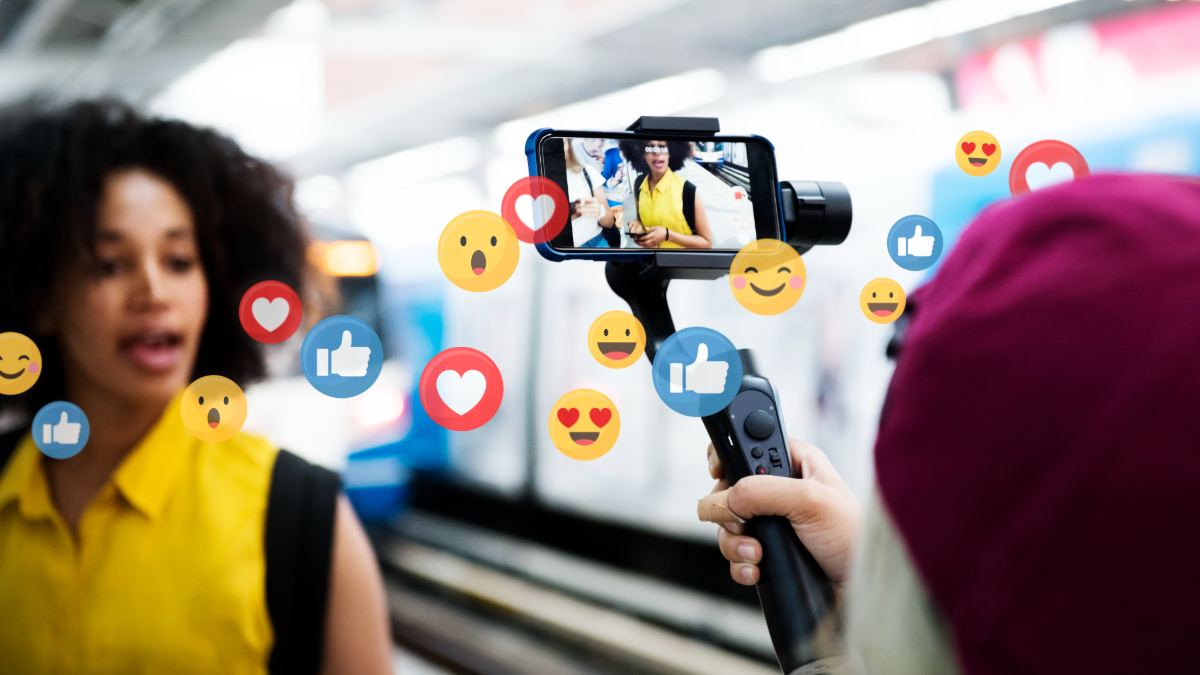
Does one’s freedom of speech apply to social media platforms? This dilemma has changed our perspective on this fundamental right.
No. Although you can share any content online, social media companies are private businesses that have a right to limit what you say. However, this censorship has sparked controversy in the past few years. Some social media users feel discriminated against for their opinions.
Freedom of Speech in The Internet Age
Freedom of speech and press is a polarising controversial subject today. In the past, laws regulated opinions shared on public broadcasts to prevent libel and incitement of violence. It was impossible to monitor and restrict private conversations among friends. The rise of social media removed this barrier. People can share their opinions with a simple click of a button. Consequently, there is a grey area on what we can share on social media platforms.
Some people believe that social media users have a right to an opinion because we live in a free world. Other people support restrictions on matters that go against their morals like homophobia, racism, sexism, etc. The latter refers to online content that depicts these societal issues as hate speech. People are torn between morality and legality and it affects their freedom of speech on social media platforms. This dilemma influenced some Facebook employees to strike and quit their jobs. Unfortunately, it’s impossible to draw a line on content that social media companies should censor.
How Social Media Platforms Censor Free Speech
Initially, these companies observed the right to people’s right of expression. However, the pressure to maintain a conducive social online environment from advertisers and regional players changed their stand. The companies use their terms-of-service agreements to privately censor content through these actions;
- Shadowbanning
- Removing content
- Suspending users temporarily
- Banning users permanently
Social Media Censorship Controversy
According to research, conservatives believe that social media companies support free speech when it aligns with their ideologies. They also believe these networking platforms are biased against conservative views. Mark Zuckerberg, Meta Inc.’s CEO, once admitted that his company’s censoring of a pro-life video was biased. However, he argued that this censorship wasn’t a reflection of Facebook’s general attitude towards moderating content. An internal audit seemingly confirmed his claims.
On the other hand, the differences in opinion on social media often spark online debates which quickly turn into cyberbullying. Interestingly, a study learned that almost 40% of Americans self-censor because they’re afraid to speak their mind and they fear society’s intolerance for unconventional views.
The examples below are proof of social media companies’ ability to restrict information on their platforms.
| Social Media Platform | Censorship |
|---|---|
| The platform censored President Trump’s tweets such as his threat to use violence to stop anti-racism protests after George Floyd, an African-American’s death. | |
| The platform once flagged down USA’s Declaration of Independence post as hate speech. | |
| Facebook, Google, Twitter | These platforms allegedly influenced Ireland’s decision to legalize abortion because they declined to stream pro-life ads. |
Should Social Media Platforms Censor Hate Speech?
Due to the persuasive nature of speech on social media, regulated censorship is necessary. Companies should restrict content that features cyberbullying, incitement of violence, defamation, misinformation, fraud, hate speech, etc. However, critics argue that social media platforms should ban such content and still maintain an unbiased platform.
During USA’s 2016 election, out of 22 accounts Twitter once banned, 21 were affiliated with President Trump’s administration. The other account supported Hillary Clinton, his opponent. Despite the small sample size, we can roughly deduce Twitter’s bias for one candidate.
Nonetheless, social media companies still support useful information and flag down malicious sources. For instance, critics applaud Tiktok Youtube and Facebook’s decision to restrict disinformation from Russia since her invasion of Ukraine.
Conclusion
Social media companies censor content to protect company interests and their platforms’ users. Despite censorship controversies, these companies play a role in keeping their platforms safe. Lastly, Individuals who prefer uncensored online experiences can use the best free speech social networks 2022.
Frequently Asked Questions
Is free speech protected on social media?
Social media companies reserve a right to flag down content because they’re privately owned businesses.
Can the government regulate free speech on social media?
Since social media platforms are private entities, governments can’t directly interfere with their operations.




